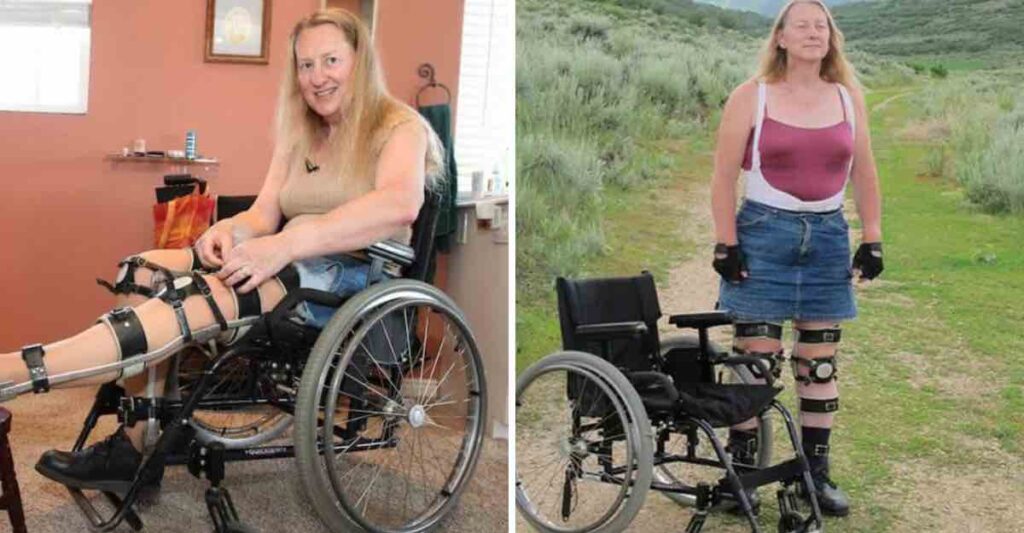Understanding the Concept of “Transabled” Identity – Transabled identity refers to individuals who experience a strong desire to have a physical disability, often leading them to engage in actions that mimic the life of a disabled person.
This concept is closely associated with Body Integrity Identity Disorder (BIID), a psychological condition in which individuals feel that a part of their body does not belong and seek to become disabled, despite their physical health. idn slot
The Rarity of Apotemnophilia
Apotemnophilia, also known as Body Integrity Identity Disorder (BIID), is a rare condition characterized by a deep-seated desire to have a specific limb amputated or be disabled in some way. It’s important to note that apotemnophilia is a rare condition, and only a small percentage of the population experiences such feelings. Researchers and medical professionals continue to study and explore this condition to better understand its origins and potential treatment options.

Can Individuals Identify as Disabled?
The concept of identifying as disabled raises complex ethical and psychological questions. While individuals have the right to express their feelings and experiences, the topic becomes more intricate when it involves desiring a disability. Disability is a lived experience that comes with challenges, both physical and societal. Some individuals may argue that identifying as disabled without having a genuine disability can be offensive or disrespectful to those who face daily struggles.
It’s important to approach the topic with sensitivity and respect for the experiences of disabled individuals. Advocates for disability rights emphasize the need to focus on creating inclusive environments and promoting understanding rather than seeking to adopt a disability.
Unpacking the Causes of BIID
The causes of Body Integrity Identity Disorder (BIID) are not fully understood, and research on the subject is ongoing. Some theories suggest that BIID could be related to a neurological or psychological anomaly that affects the brain’s body representation and self-identity. Others hypothesize that it may be linked to childhood experiences or traumatic events.
However, it’s important to note that not all individuals who experience desires related to BIID act upon them, and many seek therapy to manage their feelings and develop coping strategies. Mental health professionals work with individuals experiencing these desires to provide support and guidance.
In conclusion, “transabled” identity is associated with individuals who desire to have a physical disability, often linked to the rare condition known as Body Integrity Identity Disorder (BIID). Apotemnophilia, or BIID, is characterized by a strong desire to be disabled in some way, such as through amputation of a limb. While the concept of identifying as disabled is complex, it’s crucial to approach the topic with sensitivity and respect for the experiences of disabled individuals. The causes of BIID are not fully understood, and research is ongoing to better comprehend this phenomenon and provide appropriate support to those who may be affected.